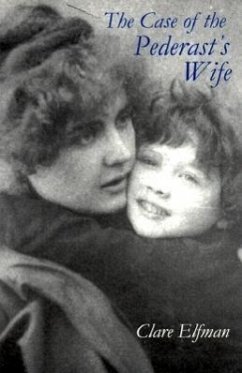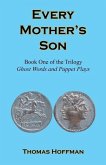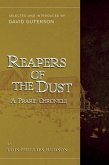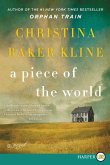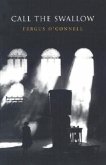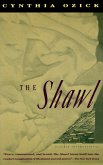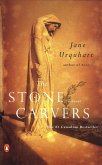This is a fascinating novel about the world of late Victorian England, the "new" medicine, sex and scandals, and a revealing portrait of the suffering woman who was in the shadows during the famous Oscar Wilde trial -- his wife, Constance Wilde. Clare Elfman paints a vivid picture of this Victorian world: genteel rooms where gentlewomen buttoned to the throat and trapped in leg-o-mutton sleeves take tea amid the lady fern and aspidistra, while in hidden rooms a fin-de-siecle decadence culminates in the shocking trial of Oscar Wilde for "gross indecency". Martin Frame, a young doctor, enters both these worlds. In his passion to rescue stifled women from being butchered with hysterectomy for "hysteria", or drugged with morphia when all else fails, he sees himself as a medical Sherlock Holmes. His revolutionary theory, "hidden anguish and visible pain", will make his name and fortune. And he finds the perfect subject for his new treatment in Constance. To the outside world she is the constant wife, patiently suffering her husband's trial and conviction, and even though she knows the horror of his sexual misadventures, still intends to meet him in Paris when he is released. Dr. Frame knows that she must be deeply hurt by her husband's treachery, but where is her resentment? This duality of feelings, Frame thinks, must be the cause of her pain and "creeping paralysis". He decides that he must save her; he can save her. As his probing exposes the intimacy of her marriage, he becomes enmeshed in their relationship. Drawing on Victorian medical conventions and the new psychology, and the letters of Oscar and Constance Wilde, Elfman takes us back not only to the streets of late Victorian London,but also to the tragedy of a well-meaning physician who confronts the hidden recesses of Constance Wilde's unconscious mind.

